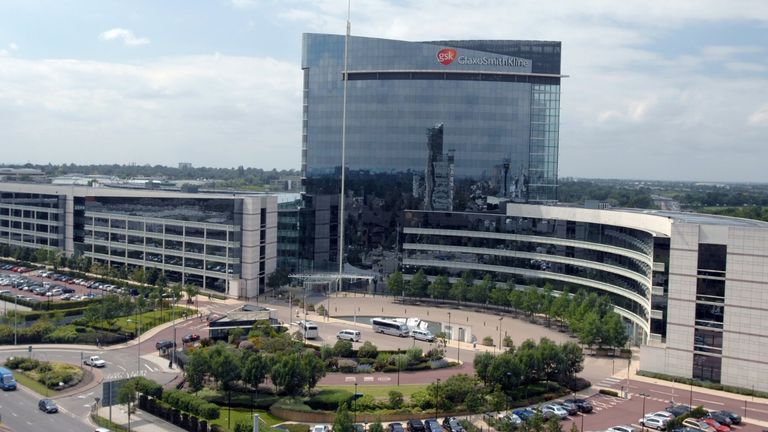GSK to build £400m hub in Stevenage – creating 5,000 jobs
Pharmaceutical giant GSK plans to open a new £400m science hub in Stevenage which could create up to 5,000 jobs, with work expected to begin in 2022.
The company is planning to develop a cluster of biotech firms, raising money for the project by selling land in Hertfordshire before developing it into one of the largest science campuses in the country.
It follows AstraZeneca’s announcement of its new £1bn global headquarters and research centre in Cambridge.
After receiving the backing of the UK government, the project is to commence in 2022. GSK is currently searching for a development partner through which it can sell 13.3 hectares of its plot in Stevenage. The company hopes that the sale will unlock £400m in investment from a developer.
With the money, GSK said it would transform a third of its existing 37-hectare (92 acre) site to offer a potential 2.5m sq ft of space, depending on planning permission.
“Our goal is for Stevenage to emerge as a top destination for medical and scientific research by the end of the decade,” said Tony Wood, senior vice-president of medicinal science and technology at GSK.
“The past 18 months has shown the UK life sciences sector at its best,” he added.
Production of the coronavirus vaccine developed by French firm Sanofi and GlaxoSmithKline (GSK) will begin within weeks, the firms have said.
The two companies are currently in Phase 3 of their trials, which will see 35,000 adult volunteers receive their coronavirus jab across the US, Asia, Africa, and Latin America.
They will test for effectiveness against the original form of COVID-19 that swept across the world after emerging in Wuhan, China, in late 2019 – and also the variant first detected in South Africa.
“Manufacturing will begin in the coming weeks to enable rapid access to the vaccine should it be approved,” a joint statement from Sanofi and GSK said.
The Sanofi-GSK vaccine could be given the green light by drugs regulators in the final three months of this year if the Phase 3 trials are successful.
